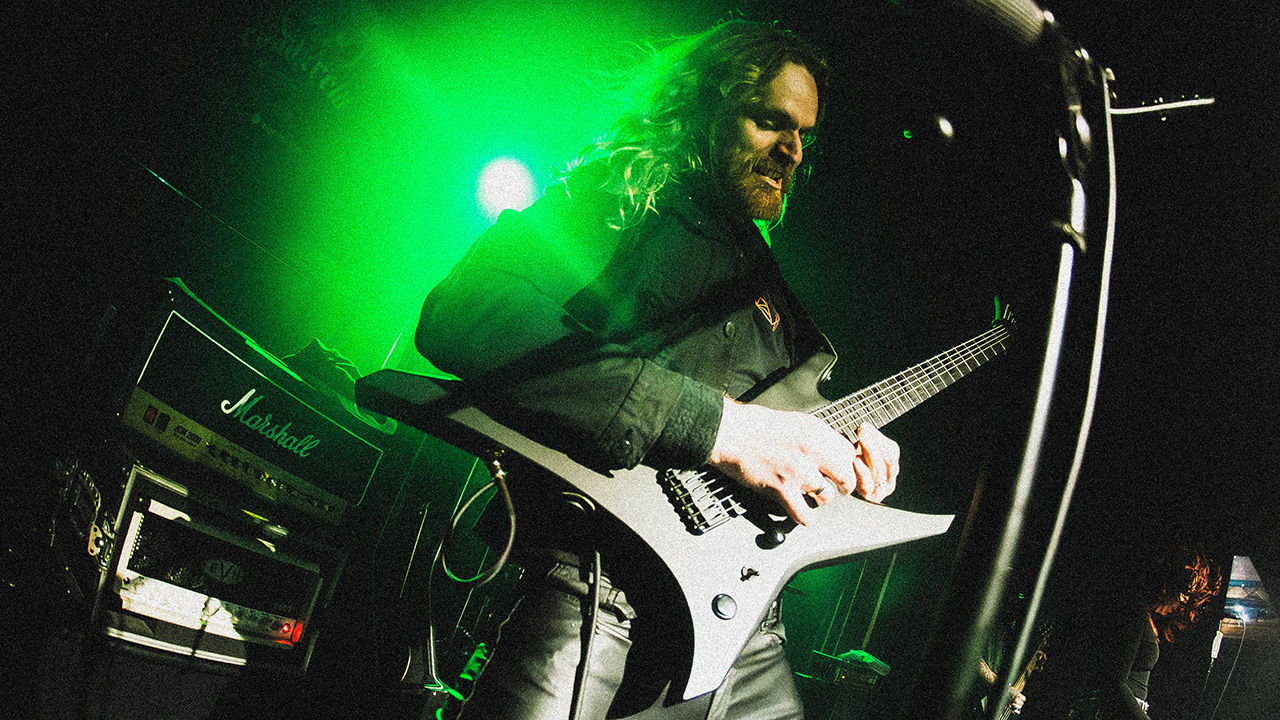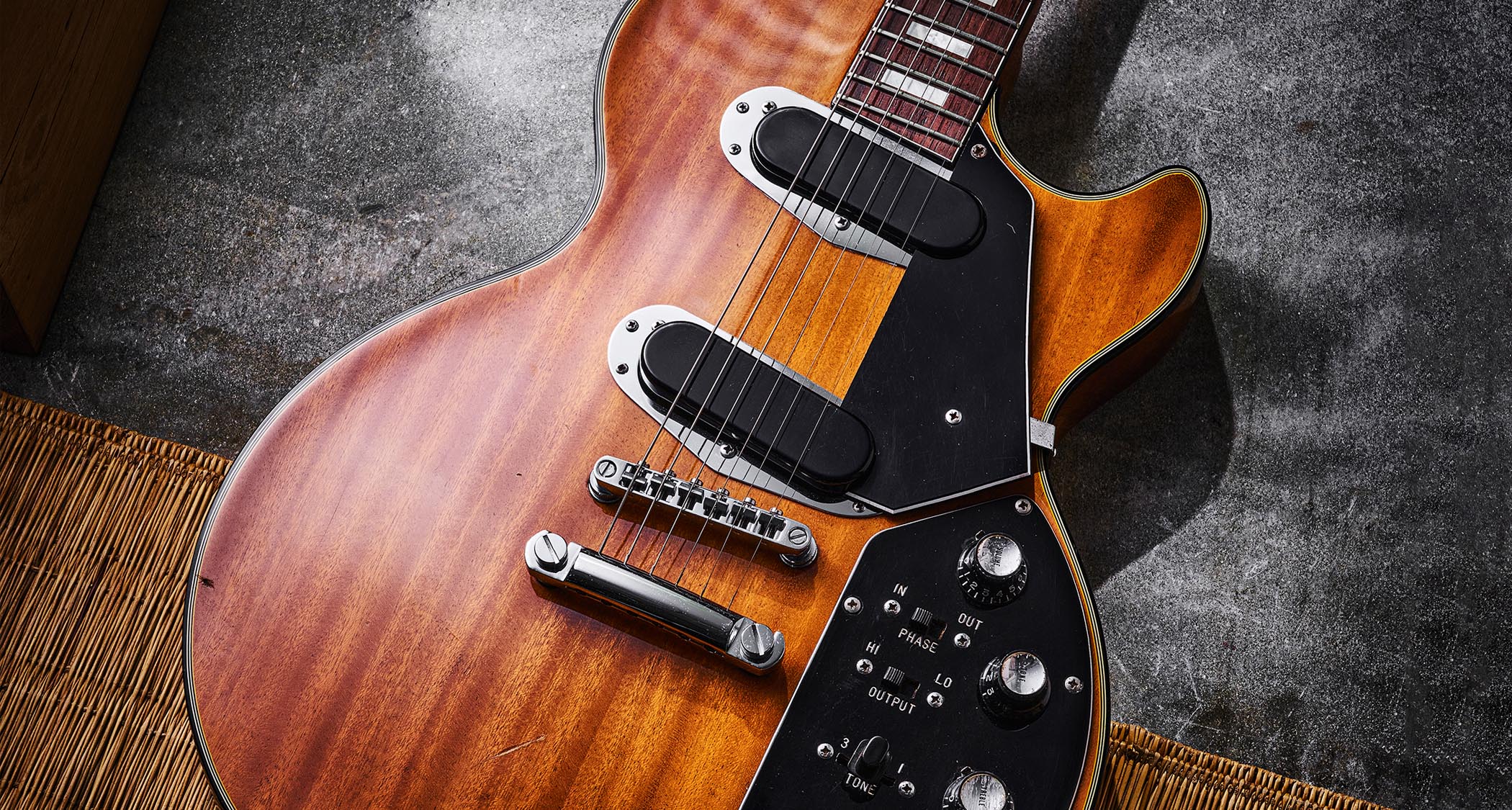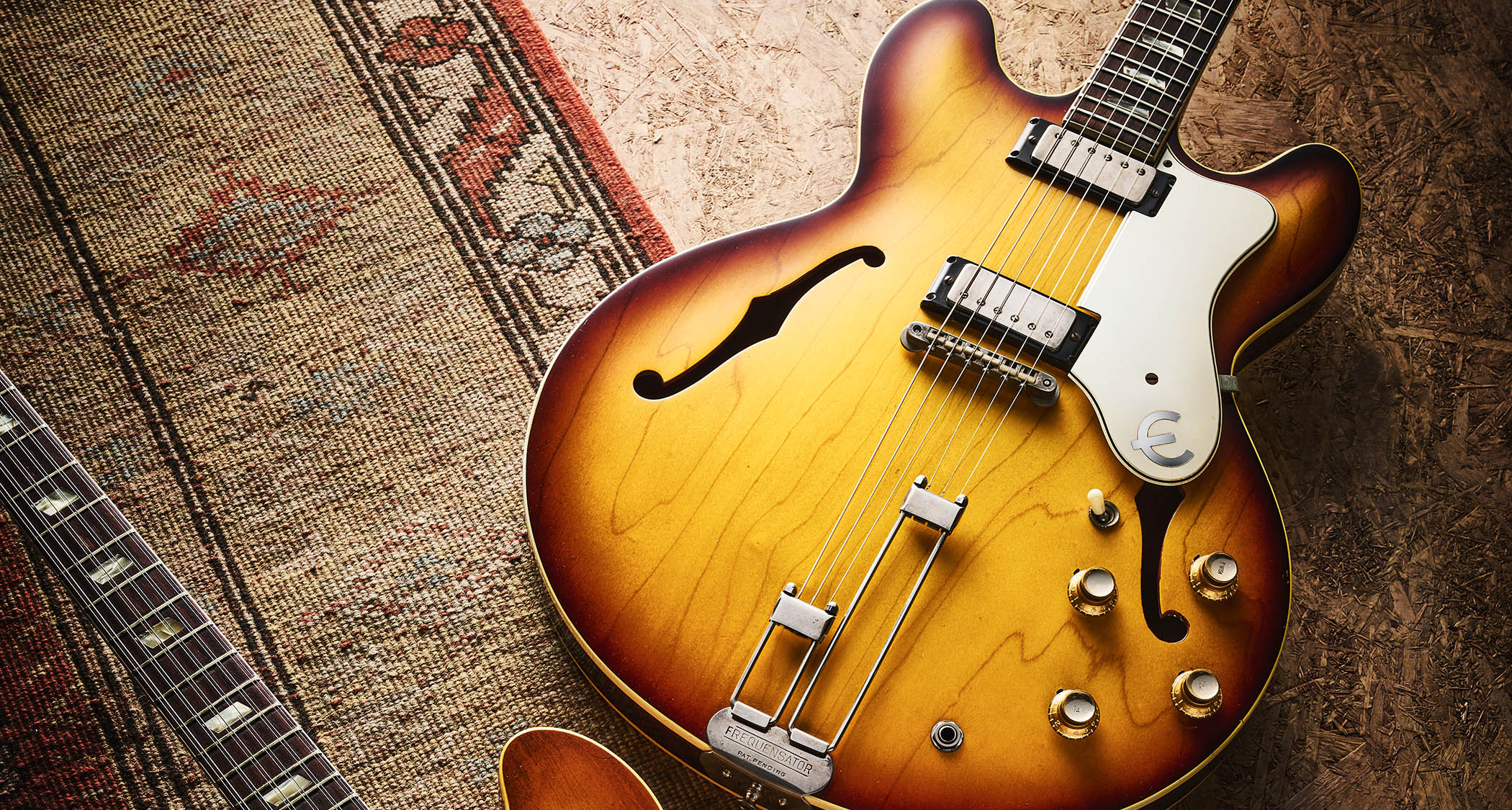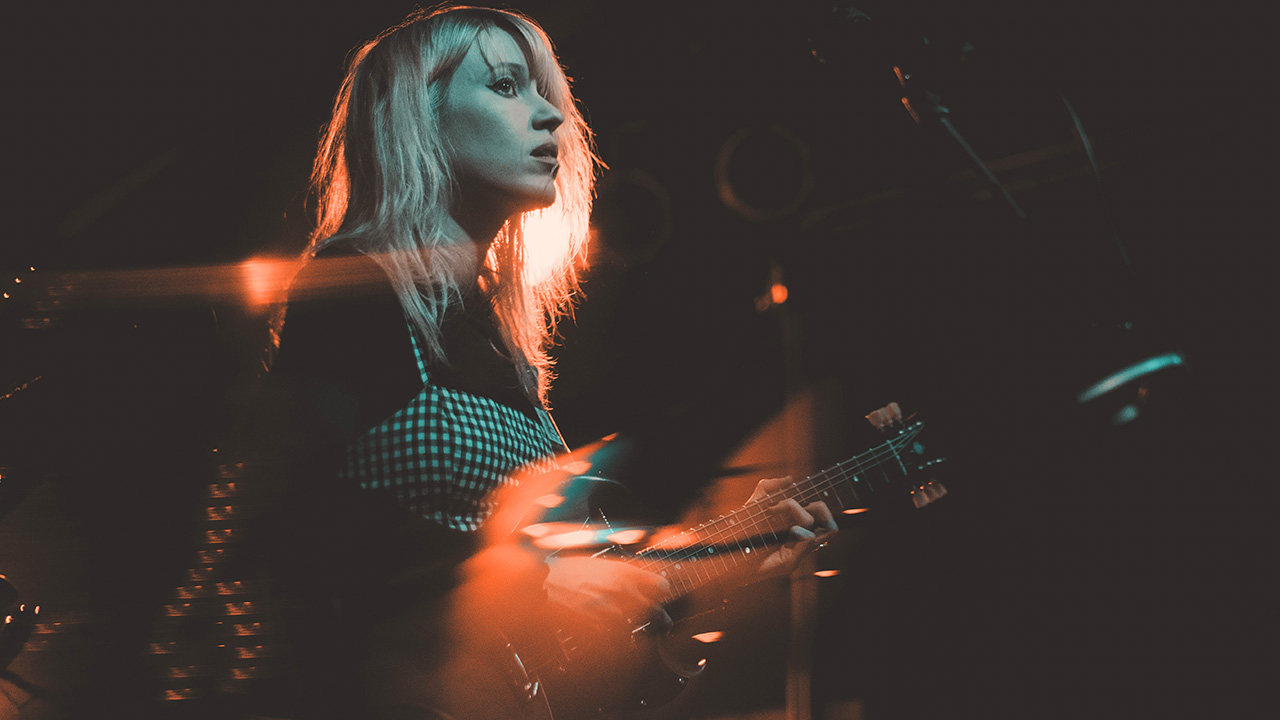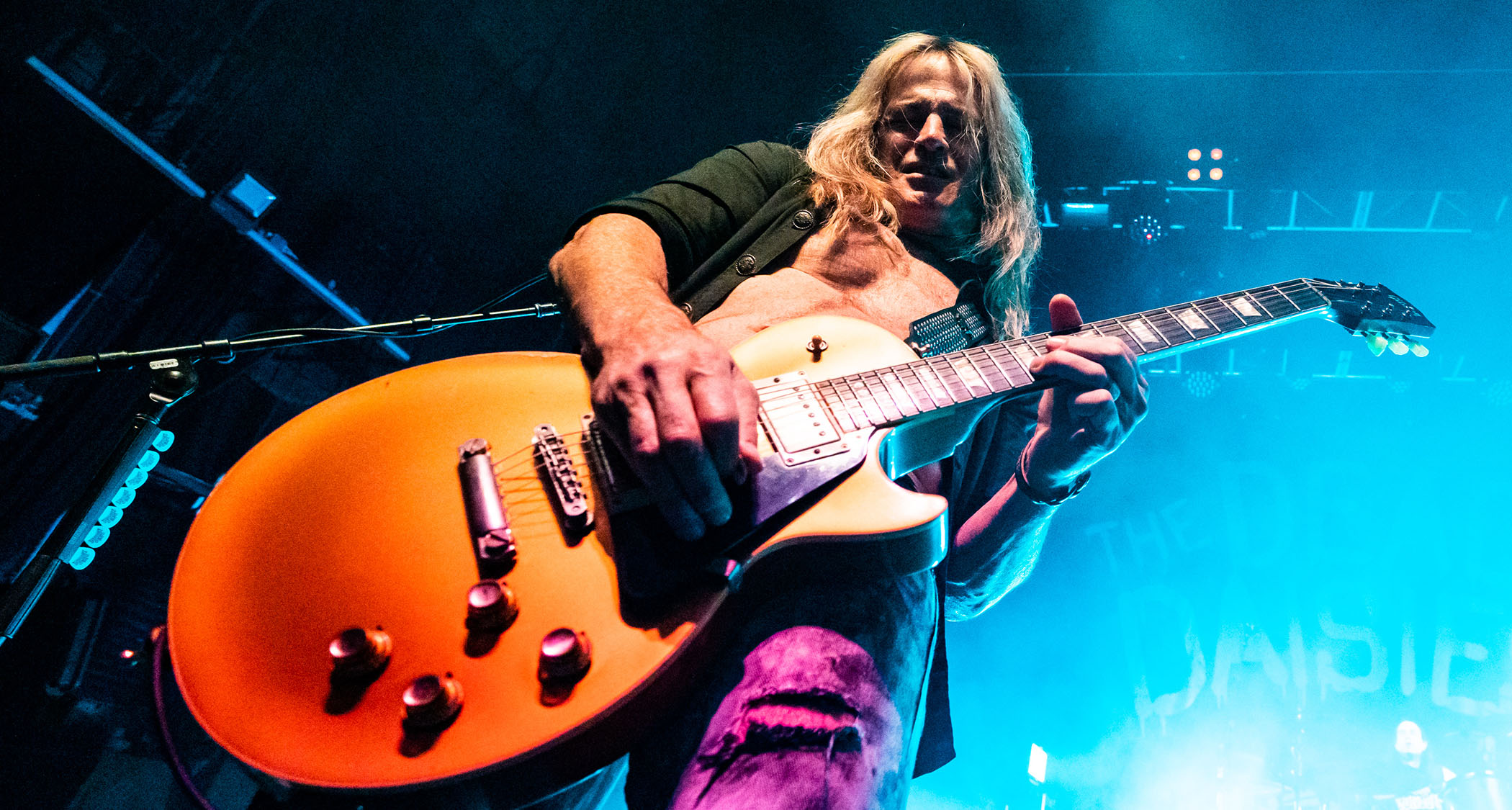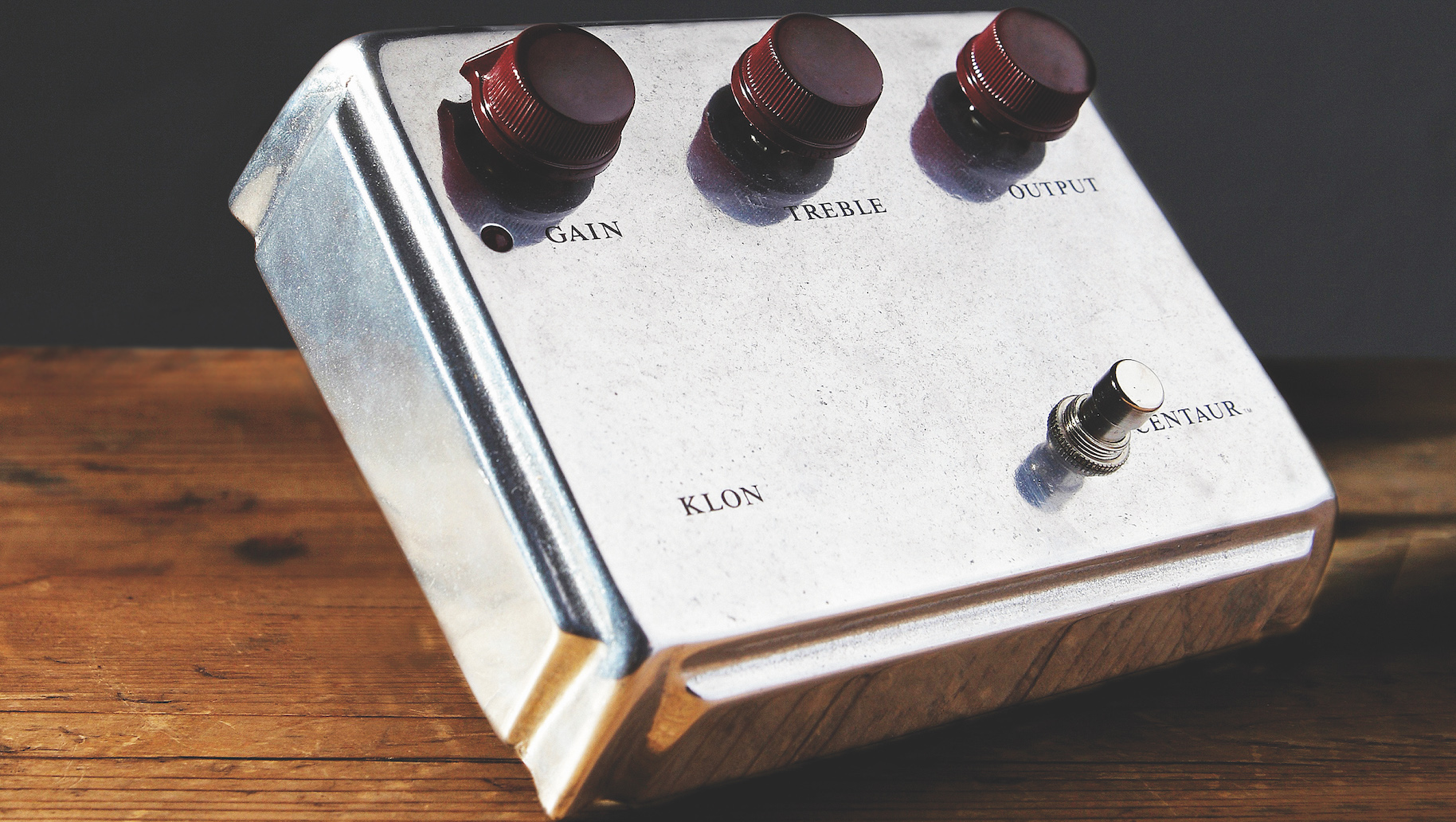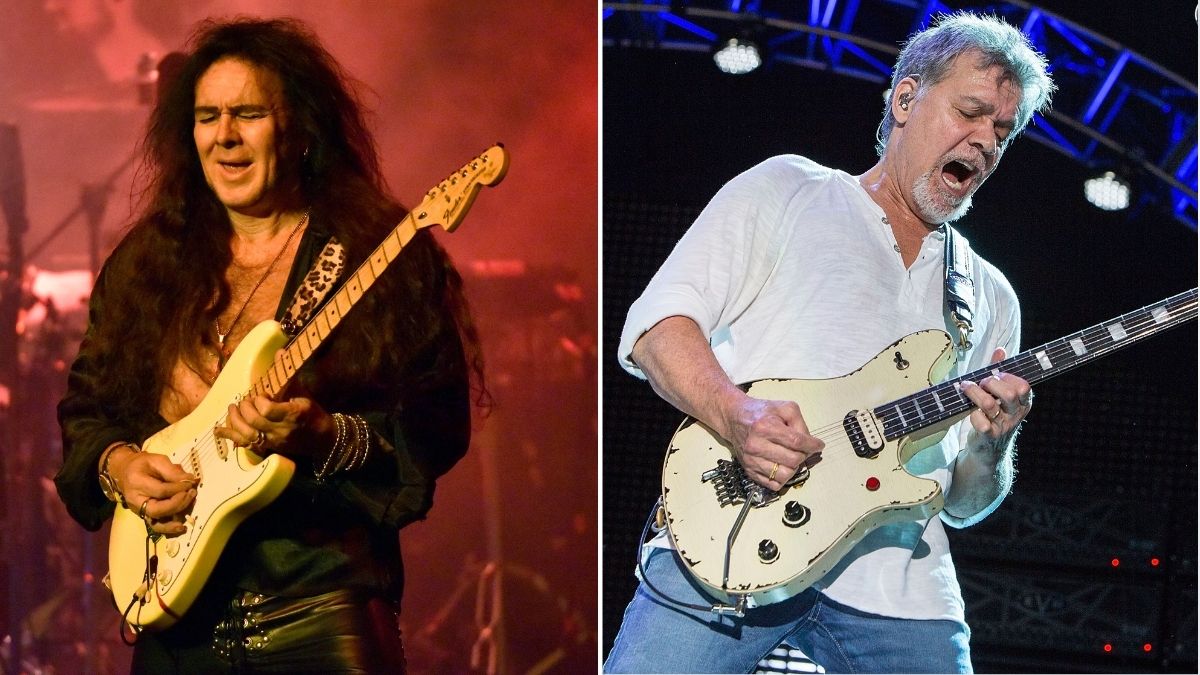KT Tunstall: "Busking was the key factor in learning how to be a rhythm guitarist. It made me transfer to steel-string with a pick"
The Scottish singer-songwriter on how the early '50s rock 'n' rollers set the bar for rhythm guitar, playing hard, and why the looper is a mainstay on her pedalboard

Since blowing away the nation on Later… With Jools Holland in 2004 as an unknown ex-busker, the Scottish songwriter has clocked up millions of album sales and a host of awards – and all as a self-confessed “scrappy guitarist”…
Here the looper pedal pioneer talks influences, performance, and explains why her super-aggressive style is dramatically shortening the life expectancy of Gibson's most decorative acoustic guitar.
On the streets
“Busking was the key factor in learning how to be a rhythm guitarist. I started to really appreciate those 50s and 60s players, like the Everly Brothers, Elvis and Eddie Cochran. They were going at acoustic guitar like they were playing electric guitar – but electric guitar didn’t really exist yet.
“When you listen to Wake Up Little Susie, that is just a masterclass in hardcore, precise acoustic rhythm guitar… Busking made me transfer over to steel-string with a pick.”
Times change
“I still feel like a very scrappy guitarist. I think I err on the side of rhythm playing. Although age is a great factor in this. I feel like I might become more of a picker. I’m a huge Joni Mitchell and Nick Drake fan, and, actually, I maybe listen to Django Reinhardt more than anything else. I was actually in the car yesterday thinking, ‘Maybe I should become a bebop guitarist…’”
Tough love
“I’m now on my third main [Gibson] Dove acoustic. I’m literally having to stop playing these guitars because I batter them apart. We try to look into putting some extra bracing inside and just giving them a bit more of a chance. But they’re inevitably cracked within a month.”
Behind barres
“I have very skinny fingers and bony knuckles, so I basically can’t play barre chords… Finding open chords, and making up chords instead of barres, has become a really important signature for me. Barre chords just never sound very inspiring to me. It’s the ‘straightness’. I’m always looking for the hanging note or the suspended note.”
Get The Pick Newsletter
All the latest guitar news, interviews, lessons, reviews, deals and more, direct to your inbox!
Loopy for effects
“I still really enjoy looping. Because I perform mostly solo, it’s important to keep myself on my toes. Working with Howe Gelb on Invisible Empire / / Crescent Moon [2013] also introduced me to really experimenting with effects. That is absolutely staple for me now – to be able to put overdrive, tremolo and reverb onto my acoustic.”
Attitude matters
“When I do my two-piece show, there’s this moment where we do some clever triggering and I play the lead line on The River [from Wax, 2018]. I fuck it up every time. Total mess. But it’s all about the attitude.”
Precious little ones
“I have a '60s Gibson parlour guitar, which is currently in the care of [US artist] Maggie Rogers. It’s a really beautiful storyteller of a guitar. I need to play big-body dreadnoughts live because I need that spectrum, especially if I’m playing solo; I need the breadth and width and depth. But, really, I love small-bodied guitars, like my little Taylor GS Mini. It’s so nice, having a little baby-sized guitar. It feels very intimate, like you’re in a cocoon.”
- Drastic Fantastic: Ultimate Edition is out now on Universal.
Henry Yates is a freelance journalist who has written about music for titles including The Guardian, Telegraph, NME, Classic Rock, Guitarist, Total Guitar and Metal Hammer. He is the author of Walter Trout's official biography, Rescued From Reality, a talking head on Times Radio and an interviewer who has spoken to Brian May, Jimmy Page, Ozzy Osbourne, Ronnie Wood, Dave Grohl and many more. As a guitarist with three decades' experience, he mostly plays a Fender Telecaster and Gibson Les Paul.
“I wasn't familiar with PRS. If anything, I was like, ‘The birds are too flashy!’ But the moment I played one I was like, ‘Whoa, I can play faster now!’”: Meet Mei Semones, the Berklee graduate reimagining New Orleans vibes with an intricate indie flair
“I hear the promoter got a phone call from Eddie, who said, ‘If Yngwie Malmsteen is playing, I'm not playing’”: Yngwie Malmsteen claims Eddie Van Halen felt “threatened” by him


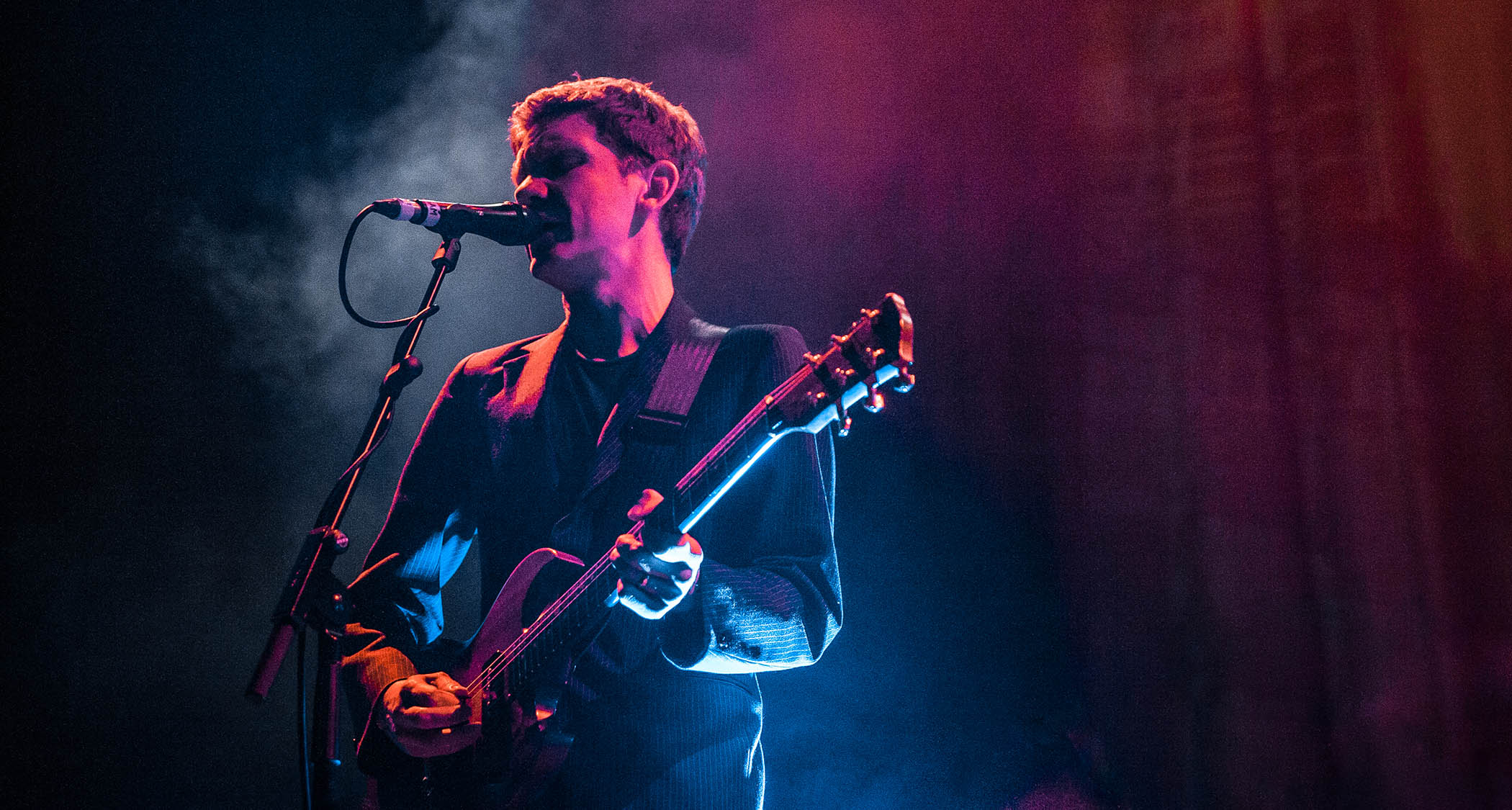
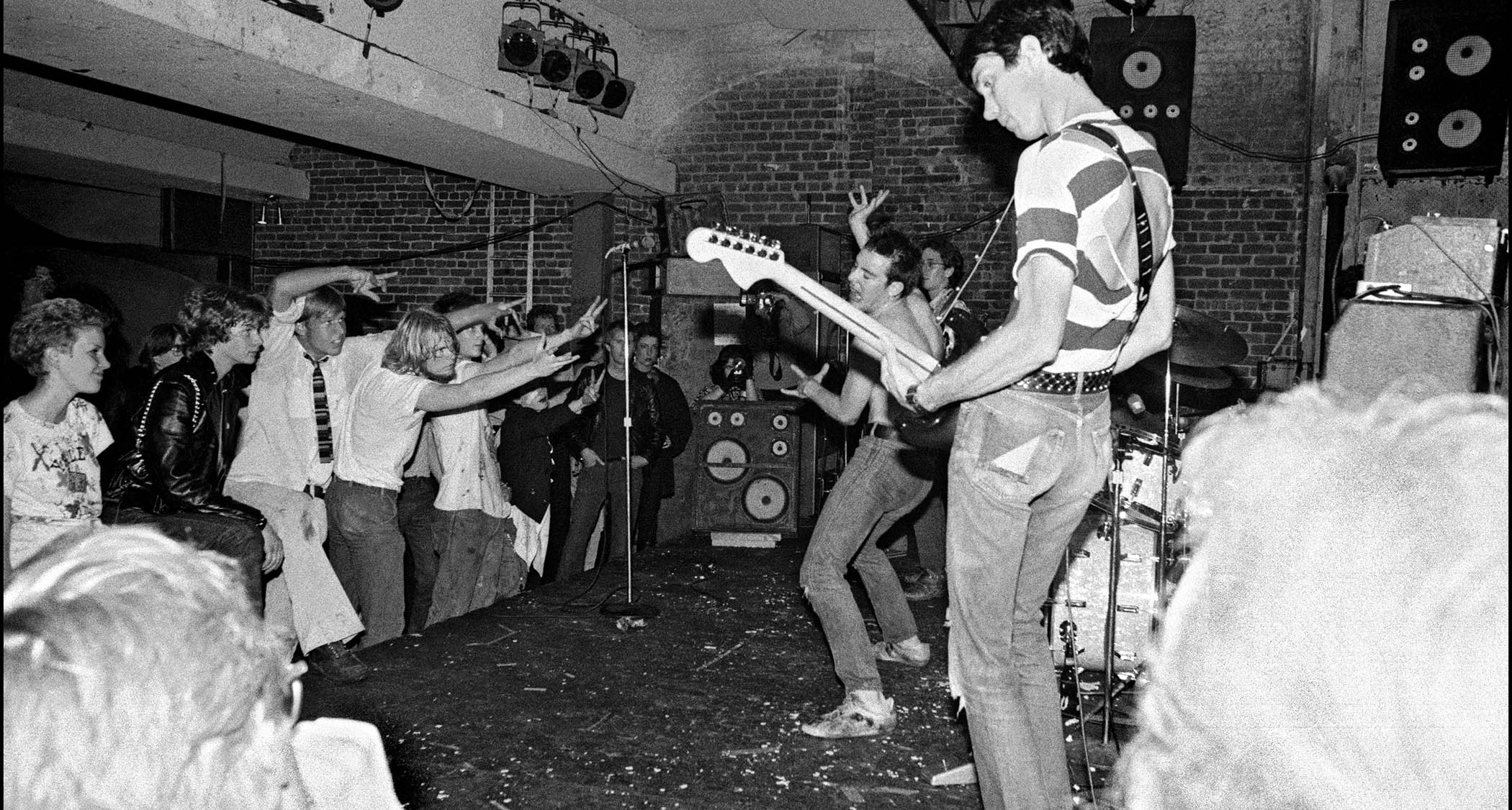
![The Night Flight Orchestra all glammed-up in stage clothes and photographed against a green backdrop: guitarists Rasmus Ehrnborn [second from left] and Sebastian Forslund [fourth from right]](https://cdn.mos.cms.futurecdn.net/Wy6UcSKUxjjiWvEWzYf3y3.jpg)
